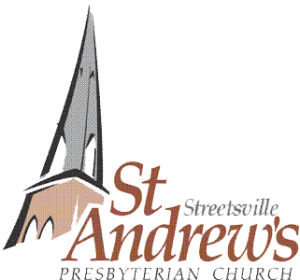January 25, 2018
Praise the Lord.
I will extol the Lord with all my heart in the council of the upright and in the assembly.
(Psalm 111:1 NIV)
Praise the Lord. The Hebrew word that is translated “Praise the Lord” is Hallelujah. “Hallelu” means praise. “Jah” or “Yah” is short for Yahweh, which means God. Hallelujah means “praise God”.
It is Israel who sing Psalm 111 as an assembly. Psalm 111 is part of the Psalms which is the hymn book of Israel. They start Psalm 111 with Hallelujah. Psalm 111 then goes on to give us some thoughts about who God is and what God does.
In preparation for this week’s sermon, I had the incredible experience of getting to know another “Hallelujah” better. It is Leonard Cohen’s Hallelujah song. I was reminded of what Hallelujah means. Praise the Lord. Did Cohen really mean what he sang? I was also quite amazed that in the lyrics, Cohen makes reference to the musical ability of King David (who wrote some of the Psalms), David’s adultery with Bathsheba (Psalm 51) and Delilah cutting Samson’s hair. I read that Cohen was born into the deeply religious Jewish family in Montreal. The family was connected with a local Jewish synagogue. Cohen grew up with the Jewish Scriptures (the Old Testament). In this Hallelujah song, Cohen gives us a window as to how Israel sang their Psalms.
I have heard Cohen say that his Hallelujah song speaks of the brokenness of human life. In the song, he refers to the holy or broken hallelujah.
However, it is the final words of the last stanza of Hallelujah that speak to me:
And even though it all went wrong
I’ll stand before the lord of song
With nothing on my tongue but hallelujah
May there be nothing on our tongues but hallelujah.
View this video of Leonard Cohen: https://www.youtube.com/watch?v=bVP52dC3jks
Pastor Pye
